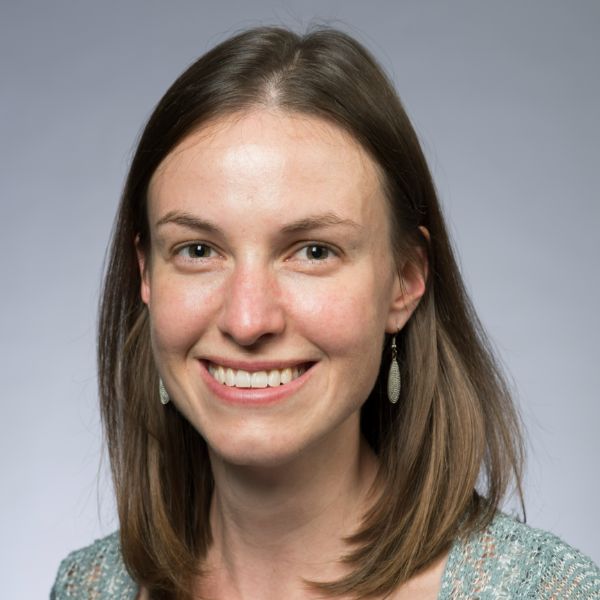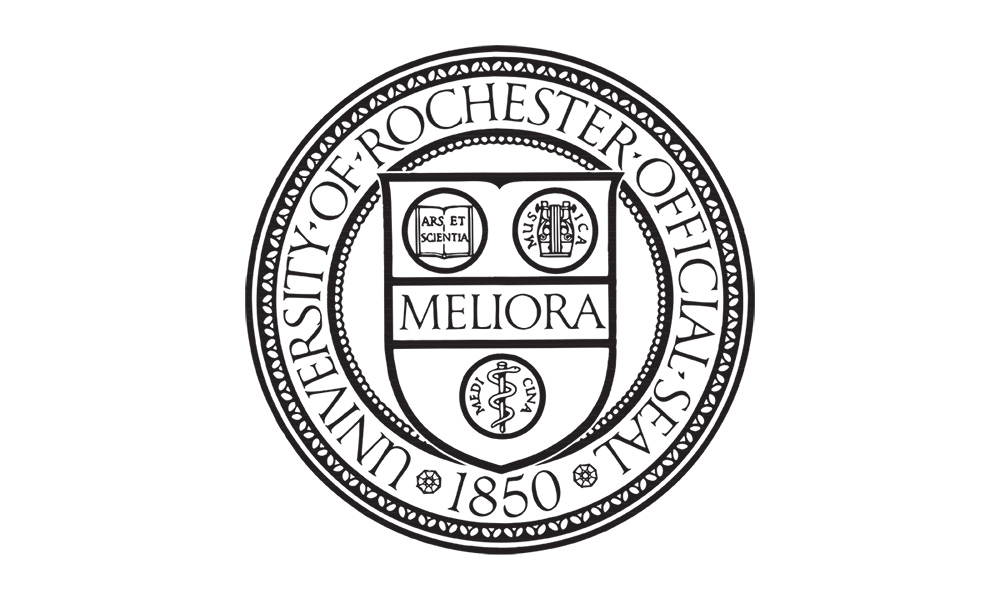The National Science Foundation (NSF) has granted its most prestigious award in support of junior faculty, the Faculty Early Career Development (CAREER) award, to several University of Rochester researchers this year.
The NSF CAREER award is given to promising scientists early in their careers and recognizes “outstanding research, excellent education, and the integration of education and research.” The award also comes with a federal grant toward their research and education activities.
Pierre Gourdain, an assistant professor of physics, will study the formation and evolution of plasma jets found around black holes, by conducting scaled-down experiments in the laboratory. Although scientists cannot see black holes directly, they can observe from Earth the plasma jets that black holes produce, which span thousands of light years. Better understanding the mechanisms behind jet formation and acceleration will allow scientists to use the data of the jets’ dynamics and chemical composition to determine a black hole’s mass and the type of matter it interacts with. Gourdain’s award will support his research in studying these mechanisms in the laboratory using scaled-down versions of astrophysical jets generated by the High Amperage Driver for Extreme States (HADES) at the University’s Laboratory for Laser Energetics (LLE). HADES will form inch-long plasma jets traveling at 50 miles per seconds and will measure plasma properties that will then be used in plasma models. This research will allow astrophysicists to more precisely determine the mass of a black hole, giving them a better grasp of the distribution of dark matter throughout the Universe. Read more about Gourdain’s project here.
John Nichol, an assistant professor of physics, will study non-equilibrium quantum physics. His research project will focus on phenomena in objects that do not reach thermal equilibrium with their surroundings, such as an imaginary coffee cup that stays hot forever. This research has applications in fields such as high-temperature superconductivity and quantum computing. Another component of Nichol’s award is developing interactive, week-long courses in experimental physics for middle- and high-school students during the summer and workshops during the school year. These programs will include outreach efforts to involve more women and underrepresented minorities in physics. Nichol will also develop a quantum technology course for undergraduates and is mentoring undergraduate and graduate students in state-of-the-art quantum nanotechnology. Read more about Nichol’s project here.
William Renninger, an assistant professor of optics, studies the interaction between photons—the elementary particles of lasers and other forms of light—and phonons, the basic units of acoustic waves caused by vibrating materials. Renninger’s CAREER award will support his research in coupling light waves and acoustic waves for optomechanical applications—such as improving the performance of radio-frequency signal processors in the near term, opening up new possibilities for controlling quantum information in the future, and perhaps even enabling the detection of dark matter. One goal of his project is to explore how acoustic waves could improve the filters used for controlling radio-frequency information carried in optical fibers, increasing the resolution of the information transmitted, and the speed and efficiency of doing so. The award also includes funding to create open source access to information for designing and creating advanced lasers sources generating femtosecond pulses, which are essential tools for time-resolved measurements, biomedical imaging, optogenetics, spectroscopy, distance measurements and more. Read more about Renninger’s project here.
Stephen Wu, an assistant professor of electrical and computer engineering, will study two-dimensional (2D) materials—as thin as a single layer of atoms. These materials can undergo remarkable transformations when they are stretched and pulled, such as being superconducting one moment to nonconducting the next. Wu will explore these changes when they occur in transistor-scale device platforms, in ways that could transform electronics, optics, computing, and a host of other technologies. For example, researchers are reaching the limits at which the electronic transistors used in computing can be scaled down in size to achieve ever faster, more enhanced performance. Last year, Wu’s lab demonstrated how using a thin film of two-dimensional molybdenum ditelluride in a device platform performed the same functions as a traditional transistor with far less power consumption, less leakage of current, yet is configured to easily adapt for current electronics. One goal of Wu’s project is to expand this “straintronic” concept to higher-endurance, higher-yield operations as well as adding new phases to control. Wu’s award also includes reaching out to students traditionally underrepresented in STEM fields by connecting with the Eastman School of Music. Examples of activities include running summer educational courses in music and electronics where local 7th to 12th grade students could create unconventional instruments that could be played in live performances. Read more about Wu’s project here.
NSF CAREER awards provide researchers with five years of funding to help lay the foundation for their future research. But innovative ways to integrate research with the education of students is also a key part of the CAREER program, which recognizes “junior faculty who exemplify the role of teacher-scholars through outstanding research, excellent education and the integration of education and research within the context of the mission of their organizations.”



